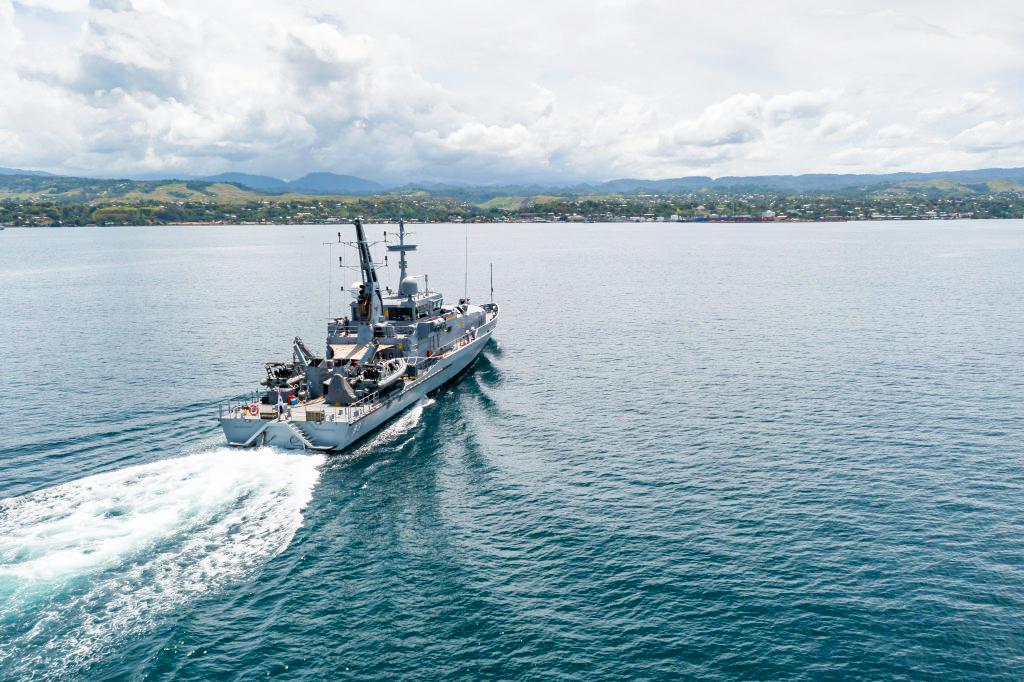The Solomon Islands’ prime minister said Monday that navy vessels from Australia and New Zealand are exempt from a temporary ban that resulted in U.S. and British vessels being turned away in August.
Prime Minister Manasseh Sogavare told Parliament that foreign military vessels deployed under the Solomon Islands International Assistance Force—which it signed with Australia, New Zealand, and Fiji—will be exempt.





